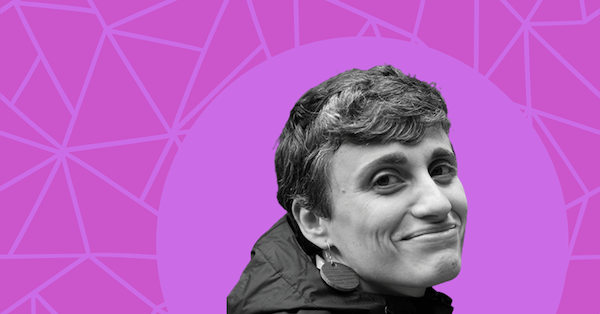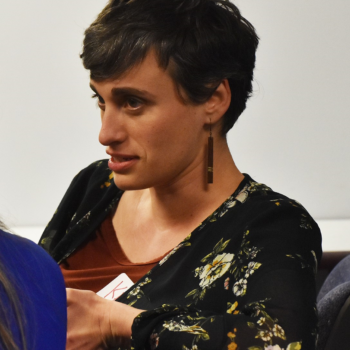We teamed up with Convergence Magazine to ask grassroots organizers from across the country what they learned during the 2022 elections. Here’s what Katey Lauer from WV Can’t Wait learned.
What’s an organizing success that you had during the midterms that gives you hope?
WV Can’t Wait now has 24 movement electeds in office across the state of West Virginia—in school boards, city councils, county commissions and the State House. We continue to win hyper-local races, even as the conditions we’re running in become more difficult.
At WV Can’t Wait—a movement organization out to win a people’s government in the mountain state—we ran 34 candidates in the general election this year; six got in. As has been the trend, we found the most success where we ran slates of candidates for the same office, close to the ground. This fall, nine of our candidates were on the ballot for Charleston West Virginia’s city council race. Five of those nine candidates won election—running together and running on a bold platform written by Charleston residents. The platform included things like cannabis decriminalization, municipal broadband, harm reduction, and housing. You can find it here. Slates not only seem to give our candidates a better chance of winning outright—with canvassers, press, money, and mutual learning to share. They also provide the most political transformation for candidates and volunteers alike. They create an organic team to grow, struggle, and act with.
Just yesterday, we hosted a Governance Retreat for our old and new city councilors from around the state in the aftermath of the election. We dug into topics like how to use formal and informal governing power and how to handle attacks, and we began building out governing goals and strategies for the coming year.
What did you think was going to work that didn’t work?
My biggest takeaway from this cycle is that voter persuasion—that magical thing that’s available when we talk with folks one to one about an issue we care about—is less possible than it has been in the past. It’s not because we can’t see eye to eye. When we talk to our neighbors about issues that are in our own backyards, we can find a ton of alignment and build buy-in for our platforms—compassionate solutions to homelessness, municipal funding to address the overdose crisis, public broadband access. The difference is, national politics seems to dominate voters’ psyches in a way that overrides those interactions. This is anecdotal, but my experience—and the experience of our volunteers this cycle—is that voters from both parties are more polarized (and more calcified in that polarization) than at any time we’ve done voter contact in the past.
At WV Can’t Wait, we recruit, train, and back candidates of all parties. (A sacrilegious thing to say and do, I know). But for us, and for our people, we’ve seen corruption and cruelty alive in both corporate party establishments for a very long time, and we think they all deserve a challenge. Notably, it wasn’t any one party’s base that seemed especially entrenched this cycle, but Democrats and Republicans alike. And while we were able to connect with many voters about being fed up with parties on the whole, our slew of Independent candidates didn’t fare well at the ballot box.
I find myself wondering how much we can actually make gains with voter contact in the coming years. Even in places where we ran outstanding, multi-layered field programs, we often saw little difference between candidates who barely ran a race at all and those who worked tirelessly. And if our diagnosis is true: what then? Focus on candidate recruitment, knowing that may matter just as much if not more than what someone does as they run? We’re not sure yet. But these are the questions we’re chewing on.
Read more in our View from the Grassroots series:
- Brendan Walsh, Worker Power (Arizona)
- Elianne Farhat, TakeAction MN (Minnesota)
- Daniel Altschuler, Maegan Llerena, and Leo Murrieta, Make the Road Action (New York, Pennsylvania, Nevada)
- Tascha van Auken & Divya Sundaram, NY Working Families Party (New York)
- Carrie Santoro, PA Stands Up (Pennsylvania)
- Sam Smith, PA United (Pennsylvania)
- Jay Malone, Texas Gulf Coast Area Labor Federation (Texas)
- Christine Neumann-Ortiz, Voces de la Frontera Action (Wisconsin)
- Grecia Lim, Community Change
- Celina Culver, SURJ

